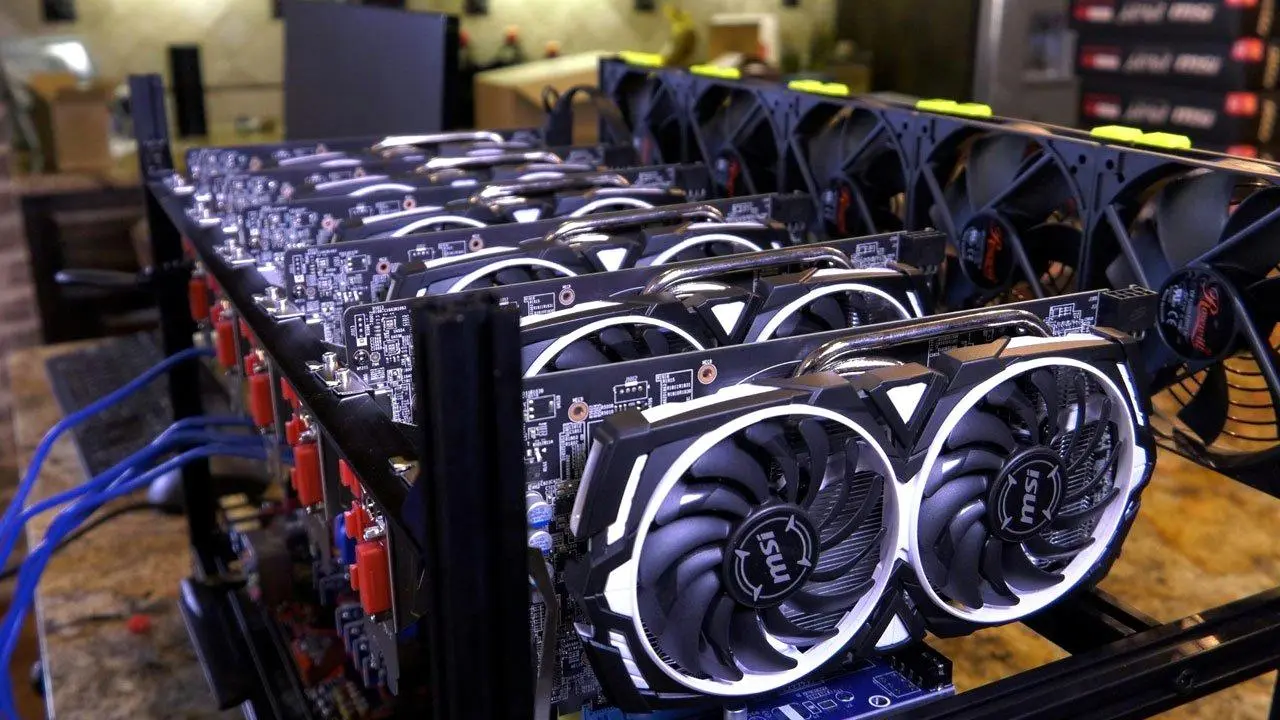11667
0
Bitcoin mining produces a lot of electrical waste
Bitcoin mining produces electronic waste comparable to the annual waste from small IT facilities in countries such as the Netherlands.

Yazar: Tom Roberts
Yayınlanma: 22 Eylül 2021 08:21
Güncellenme: 3 Şubat 2026 19:12
Bitcoin mining produces a lot of electrical waste
Bitcoin mining produces electronic waste (e-waste) comparable to the annual waste from small IT facilities in countries such as the Netherlands. That's according to the latest study. Its authors Alex de Vries and Christian Stoll estimate that the extraction of the most famous digital currency produces 30,700 tons of electronic waste each year. This represents an average of 272 g per transaction. By comparison, the iPhone 13 weighs 173 g. People make money extracting new bitcoins, but the computers used in the calculations consume a lot of energy. So far, in the context of bitcoin mining, attention has focused mainly on electricity, which is already higher than in the Philippines, leading to increased greenhouse gas emissions. But as computers used for mining age quickly, they also generate a lot of electronic waste. Researchers estimate that bitcoin mining plants have an average life of only 1.29 years. As a result, the amount of electronic waste produced is comparable to waste from "small IT and telecommunications equipment" (in the category that includes mobile phones, personal computers or printers) in a country like the Netherlands, the researchers said. The research is published in the journal Resources, Conservation & Recycling. Given that the price of electricity is crucial in the extraction of bitcoins, "miners" were looking for increasingly efficient processors. In this context, there was a transition to highly specialized chips called Application-specific Integrated Circuits (ASIC). However, according to scientists, ASICs are so specialized that once they are obsolete, they cannot be "used for another task or even for another type of algorithm, such as cryptocurrency mining." However, although the chips cannot be reused, much of the weight of bitcoin mining equipment consists of recyclable components such as "metal housings and aluminum coolers". More than 17 percent of all electronic waste is recycled worldwide. However, this share is probably lower in some countries where most "miners" are based. And where, in many cases, e-waste regulations are also weak. The study also noted that in addition to producing large amounts of e-waste, "the rapid replacement cycle of millions of mining equipment can cause problems in the global supply chain for various other e-equipment." They suggest that one solution to the problem of e-waste in bitcoin mining could be to change the way transactions are verified to another less computer-intensive system.İLGİLİ HABERLER





European stocks soared and focus shifted to German retail sales after Powell's speech!

Forex Signal For TRY/USD: Inflation Slowdown in November.

Forex Signal For GBP/USD: Bullish Trend Still Not Breaking While Recovery Continues.

Forex Signal For EUR/USD: Starry US Data Points to Higher Fed Increases.

Forex Signal For BTC/USD: Downside Continues as Bitcoin Recovery Moves Less.
En Popüler Haberler
Yorum Yap
Yorumlar
Henüz yorum yapan yok! İlk yorumu siz yapın...